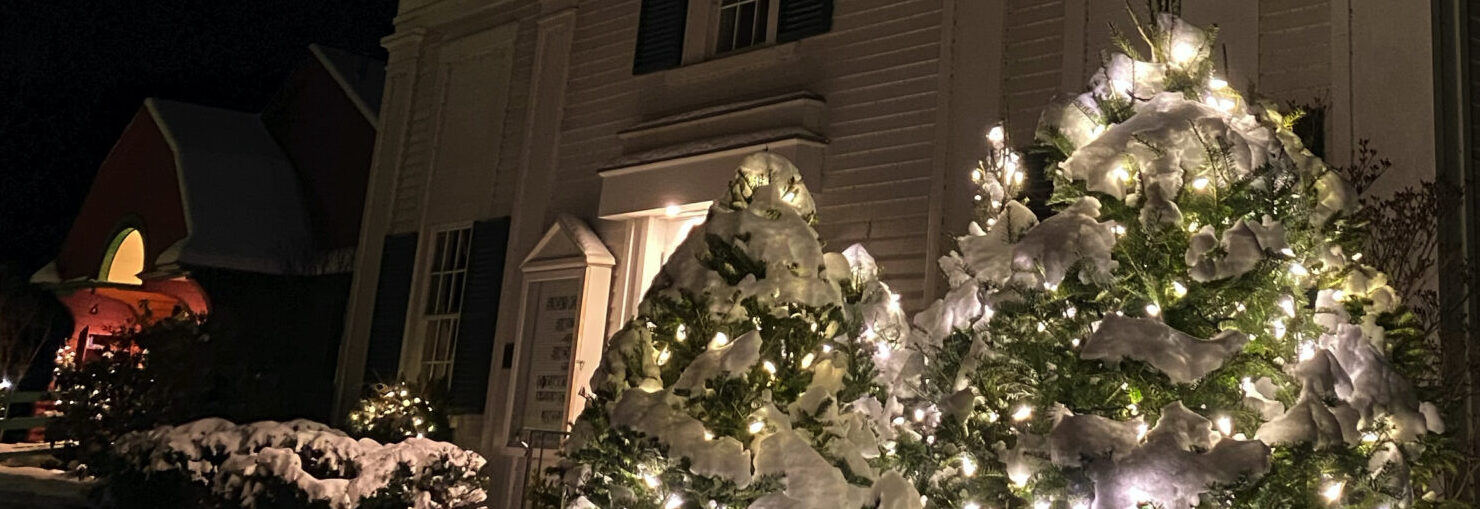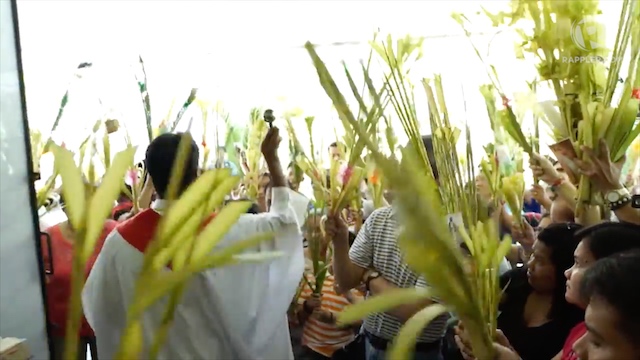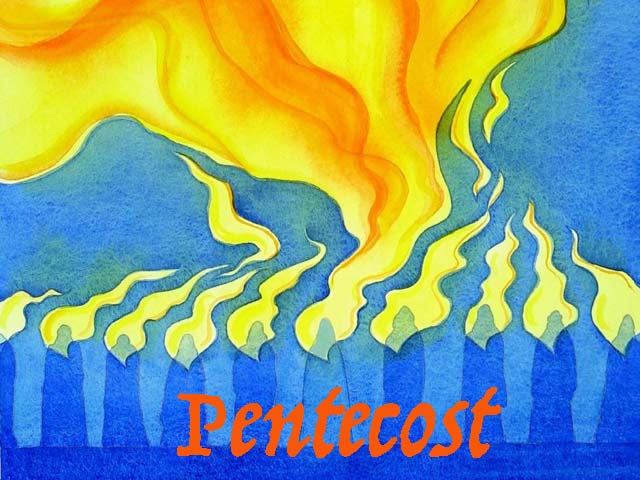Reflection on cries for help & rescue: the meaning of Hosanna.
Themes from Gospel of John for Palm Sunday. Help Now! That’s what hosanna actually means. On Palm Sunday, we celebrate with the word Hosanna, but what we’re actually doing is calling out for rescue, for intercession, for help. Immediately. Right now. When do you need help for yourself? Yet how hard is it to receive […]



